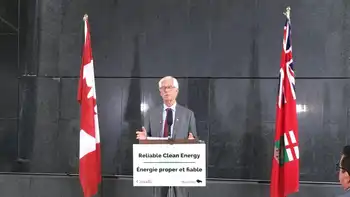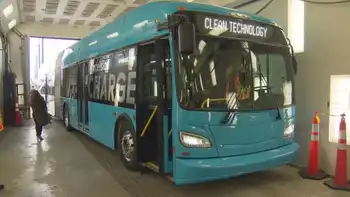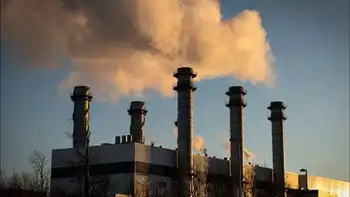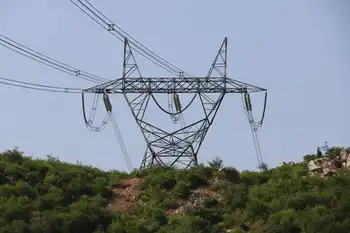FERC Taps Former State Regulators For Power Grid Mediation
WASHINGTON - -- The U.S. Federal Energy Regulatory Commission has retained two former state regulators as consultants to help negotiate agreements to consolidate oversight of power grid assets in the Northeast and Southeast.
The consultants will assist FERC administrative law judges mediating negotiations mandated by the commission to reach agreement on creating two large regional transmission organizations, or RTOs, to independently manage competitive access to high-voltage transmission assets in the regions. Herbert Tate, former president of the New Jersey Board of Public Utilities, will work with FERC judge Bobbie McCartney in mediating an RTO agreement for the Southeast region.
Joe Garcia, former chairman of the Florida Public Service Commission, will work with FERC judge Peter Young in mediating an RTO agreement combining the three independent system operators in the Northeast region. Tate is now a professor at the New Jersey Institute of Technology in Newark. Garcia is executive director of the Cuban American National Foundation.
McCartney convened the 45-day negotiating session for the Southeast region on Tuesday. Young is scheduled to begin the Northeast's 45-day negotiating session Tuesday.
The administrative law judges are to report back to the commission 10 days after the end of the 45-day mediation sessions. The consolidation talks were mandated by the commission in a series of orders last week that built on a 1999 FERC order directing the establishment of RTOs nationally.
FERC sees RTOs as a means of eliminating the remaining ability of vertically integrated utilities to use their control of transmission assets to financial benefit in competitive power markets in the wake of landmark 1996 rules requiring utilities to open their transmission systems to competing power providers.
The orders last week expressed the commission's intent to create single RTOs to oversee consolidated grid assets in each of the "natural" regional markets - the Northeast, Southeast, Midwest and West.
Related News
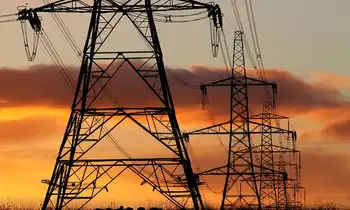
How Energy Use Has Evolved Throughout U.S. History
WASHINGTON - The evolution of energy use in the United States is a dynamic narrative that reflects technological advancements, economic shifts, environmental awareness, and societal changes over time. From the nation's early reliance on wood and coal to the modern era dominated by oil, natural gas, and renewable sources, the story of energy consumption in the U.S. is a testament to innovation and adaptation.
Early Energy Sources: Wood and Coal
In the early days of U.S. history, energy needs were primarily met through renewable resources such as wood for heating and cooking. As industrialization took hold in the 19th century,…

